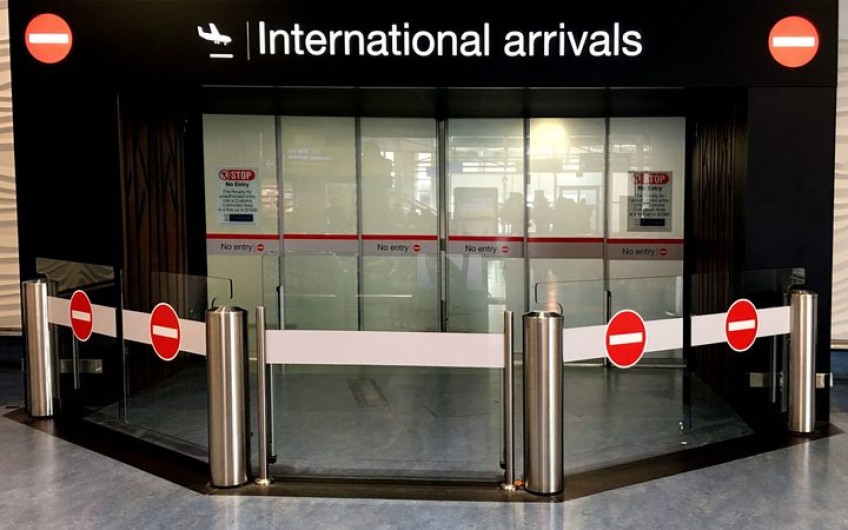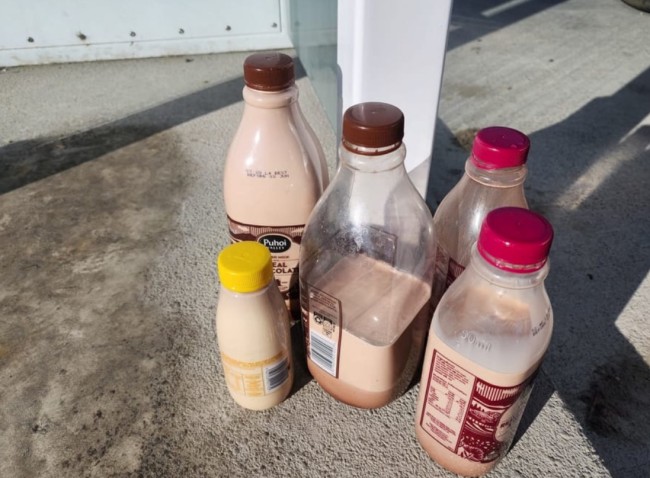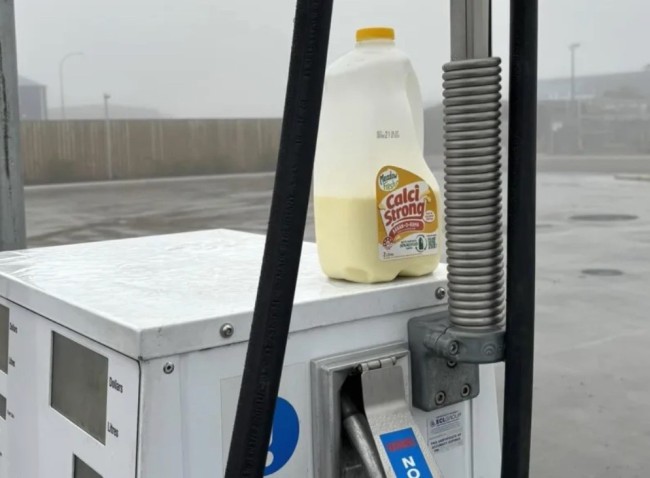
Changes to NZ border rules kick in today: What you need to know
Visitors will be unable to travel to New Zealand without a new Electronic Travel Authority as tougher border rules go live today.
Up to 1.7 million travellers from 60 countries who previously didn't need a visa will now be required to declare their passport details and any criminal history before they can travel.
The government has spent $5 million on a domestic and international marketing campaign to make sure people aren't stopped at the gates.
Board of Airline Representatives New Zealand executive director Justin Tighe-Umbers said about 4000 to 5000 travellers would need an Electronic Travel Authority (ETA) each day.
"The key risk is passengers going to the airport without an ETA. Look, we've all been there travelling, looking forward to your flight and then to find out you haven't got a critical piece of documentation can be really stressful," Mr Tighe-Umbers said.
"Obviously that's not a great impact for visitor experience to New Zealand so this really does come down to the success of the comms campaign."
Tourism Industry Aotearoa chief executive Chris Roberts said getting an ETA was becoming a routine chore for international travellers.
"We are seeing other countries introducing ETAs so it will become more common," Mr Roberts said.
"But for markets like the UK, who have always been able to jump on a plane and come to New Zealand, there's a little bit more planning required, you have to pay up front - essentially get permission to come to New Zealand now - so that will take a little bit of time to get used to, but we certainly hope it comes in as smoothly as possible."
The tourism industry had been working with Immigration New Zealand to minimise any disruption, he said.
New Zealand and Australian citizens, some transit passengers and valid visa holders don't need an electronic travel authority - everyone else does.
Travellers can request an ETA online for a fee of $12 or through a free app for $9.
Immigration NZ director of policy integration Nick Aldous said the new system brought the country's border control into line with international best practice.
The $20 million project means travellers will be screened much earlier.
"At the moment, a lot of visa free travellers are only screened immediately at check in and that gives our border officers very little time to assess risk."
But under the new process, that information would be made available when an ETA request was made, he said.
The government was taking no chances and will have about 30 Immigration NZ staff stationed around major international airports to help passengers and airline staff for the next month, Mr Aldous said.
Mr Tighe-Umbers welcomed the added help.
"For airlines, it can be an expensive process repatriating people who aren't allowed to cross the border from New Zealand so the benefit there is; it's clear it's going to cut down on the number of incidences where that occurs."
An ETA request can take as little as 10 minutes, but Immigration NZ recommends allowing up to 72 hours for processing.
So far, 196,000 requests have been made with almost all gaining quick approval - that's nearly double the number of people expected to need one this month.
While the uptake in most countries has been good, Nick Aldous said it had been slower in Japan, South Korea and Malaysia.
"We picked up on that quite early and have been focusing a lot of our marketing and communications efforts in those markets. Over the last three or four weeks, those numbers have really picked up, they're in the process of catching up at the moment," Mr Aldous said.
"Being aware of that's been very good for us cos that's enabled us to put staff on the ground and they should be able to manage any non compliance."
There's hope it will be a smooth process, but the government and industry say they won't know until people start to check in.

























